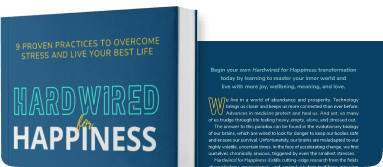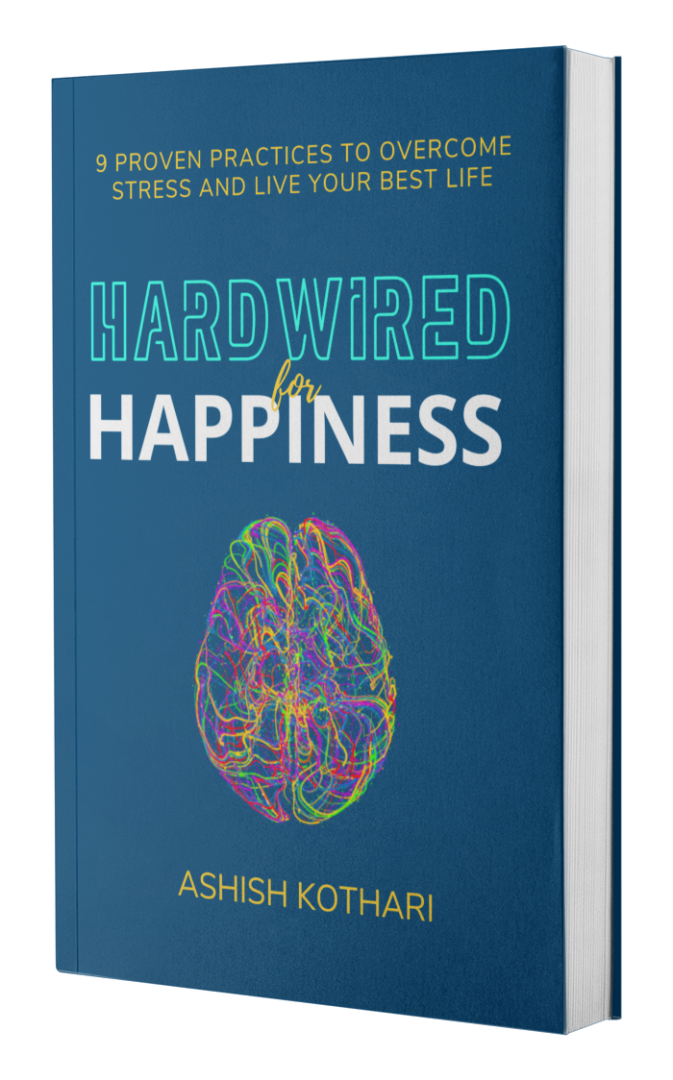How to Negotiate Fearlessly by Being More Human, Not More Perfect with Mori Taheripour

The ability to negotiate goes far beyond boardroom deals and bottom lines. Today, fearless negotiation can define our careers, relationships, and daily decisions. The more we try to be perfect in these situations, the more we risk losing the very authenticity that makes us effective negotiators.
In this article, let’s get into the mind of Mori Taheripour, a globally recognized Negotiation Expert, Award-winning Wharton Professor, and author of Bring Yourself, to unpack where real negotiation power comes from and how you can master it to negotiate anywhere fearlessly.
“The only certainty we have is the mastery of our inner world—
cultivating calm, love, and joy.”
– Ashish Kothari.
Negotiation is as much a life skill as it is a business skill that begins with knowing and honoring your own truth. Fearless negotiation is about navigating identity, intention, and relationships, not just deals and contracts. Here are the tools and mindsets you need to negotiate fearlessly:

Lead with curiosity, not certainty
One of the biggest traps leaders fall into is believing they must have it all figured out before entering a negotiation. In both business and life, negotiations aren’t won by having all the answers. More often than not, they’re won by showing vulnerability and asking better questions.
Preparation is not about certainty, but clarity, flexibility, and self-awareness—a grounded belief in your value, built on the challenges you’ve already overcome. By looking back at your wins, your resilience, and the ways you’ve grown through uncertainty, you begin to see that success doesn’t require flawless preparation—it requires courage, kindness, and curiosity.
“Preparation doesn’t mean certainty. It means being ready… but also being open-minded.”
– Mori Taheripour.
The best way to negotiate fearlessly is first to prepare your mindset to stay open, adaptive, and willing to learn in the moment. This mindset shifts away from “I must be right” toward “What am I missing?” When you enter conversations with curiosity instead of rigid expectations, you send an invitation to a deeper dialogue where we can bring our full, vulnerable selves into. That creates space for deeper understanding and better negotiation outcomes.
In most negotiations, we’re often wired to defend and debate, but this curiosity and vulnerability mindset is a more radical, yet profoundly effective way to negotiate fearlessly.
Stop treating negotiation like a competition
We’ve been conditioned to think that negotiating fearlessly is about winning or losing, but that’s a scarcity mindset, one that often reinstates the idea of limited resources and limited options. The real goal of negotiations is discovering shared solutions. However, we keep refusing to believe that there is always another way due to our cognitive bias, shrinking our possibilities and fueling fear.
In most negotiations, you’ll often hear the word “no” and it often gets interpreted as personal rejection, a closed door, or failure when in reality, it can simply be an invitation to explore another path.
Negotiations can become spaces of innovation, not conflicts, if we choose to operate with flexibility, creativity, and collaboration. And when both sides release rigid positioning, they can co-create outcomes that are better for everyone involved. When we stop fixating on splitting the pie, we might just figure out how to bake a bigger one.
Reframing Conflict and Taking Perspective
Whether in business or personal life, difficult conversations are inevitable. But conflict isn’t the real enemy, disconnection is. Conflict often arises not from disagreement about what needs to happen, but how to get there. The emotional charge that fuels most disagreements stems from feeling unseen, unheard, or misunderstood.
During conflicts, we’re locked into a single point of view and our egos lead, not our empathy. As leaders, it’s crucial to know when to step back—what William Ury calls “going to the balcony.” But when we pause and breathe, we gain the space to ask: What am I not seeing? From that higher perspective, we shift from needing to be right to wanting to understand, which is essential for every fearless negotiator.

Building self-awareness through stillness and reflection
Another crucial yet often overlooked ingredient in negotiations is self-awareness. To negotiate fearlessly, you first have to know who you are and have that confidence at the negotiation table. You must be grounded in your own truth to set the foundation for authentic negotiation. After all, fearless negotiation is not about performance. It’s about presence and being human, which is how you build trust, open up possibilities, and navigate conflict without losing yourself.
Conclusion
Although being perfect is what earns us respect, influence, and success, you don’t need it to negotiate effectively. All you need is to open doors to connections, and that takes being present, curious, and human. In our world, perfection is often prized, but Mori Taheripour offers a refreshing and deeply practical reminder that authenticity is your greatest asset. It’s about being real. It’s about showing up as a whole person, not a polished persona.
If you want to be a fearless negotiator, start by turning inward. Because the strength to stand your ground in a room begins with the courage to stand in your truth.
That’s what makes you unshakeable—not perfection, but authenticity.
Learn more about Mori at her Linkedin.
Listen to the podcast with Ashish and Mori below.
Access and subscribe to all of the episodes of the Flourishing Edge Podcast here.
Visit the REWIRE Program powered up by the HAPPINESS SQUAD Community and experience your shift within your 30-day risk-free trial today. Cultivate your Self-Awareness, Gratitude, Purpose, Community, and personal growth more through the 9 Hardwired for Happiness practices. Integrate simple and proven micro-practices grounded in the science of happiness and neuroscience of habit formation in 5 minutes a day.
Make Flourishing Your Competitive Edge.


